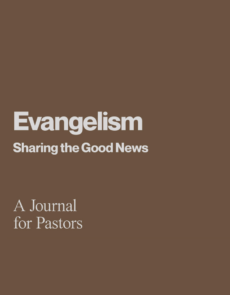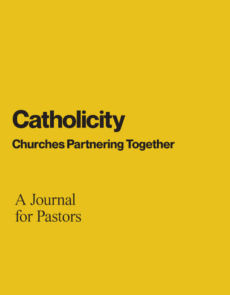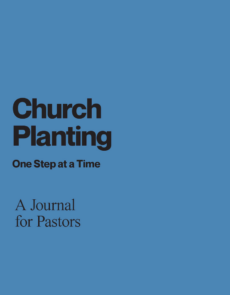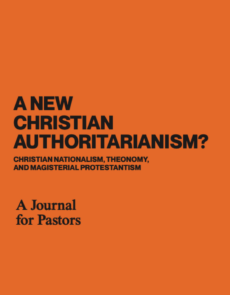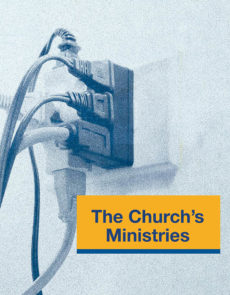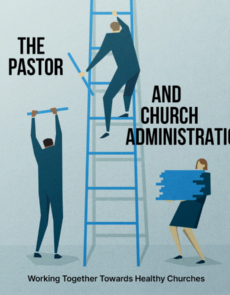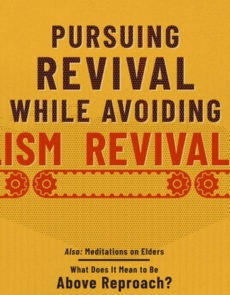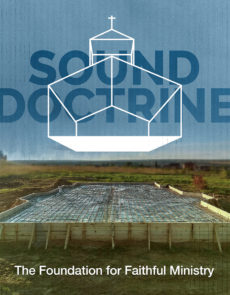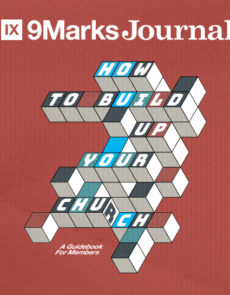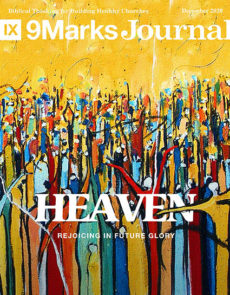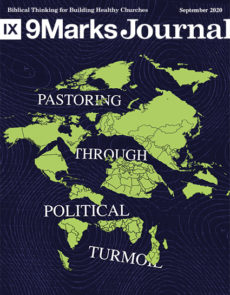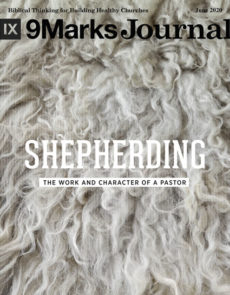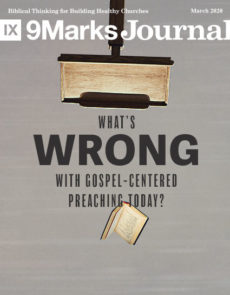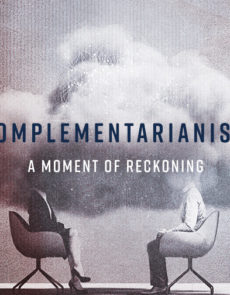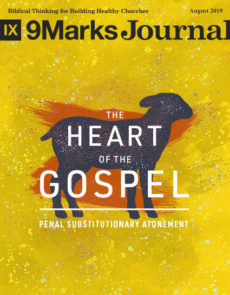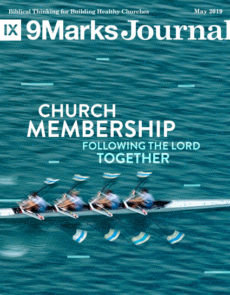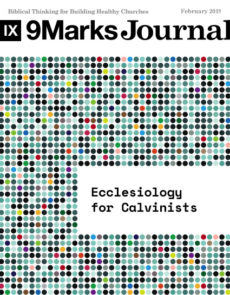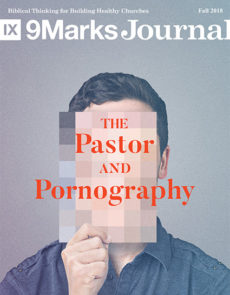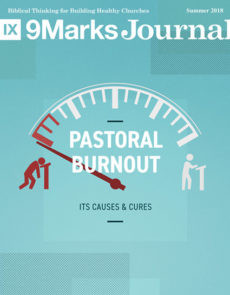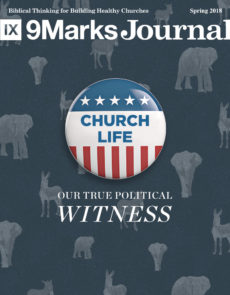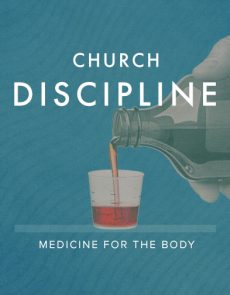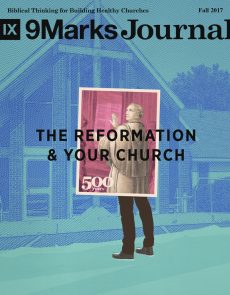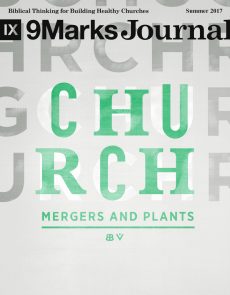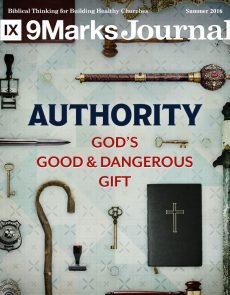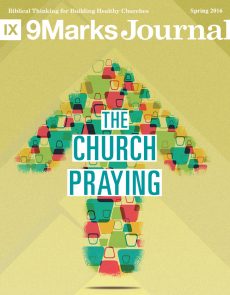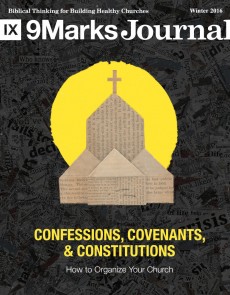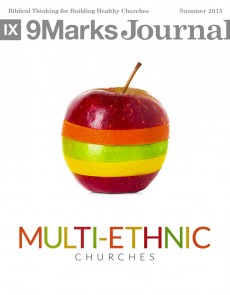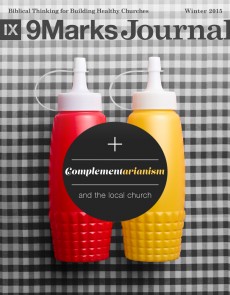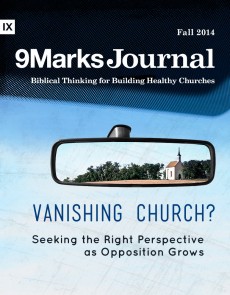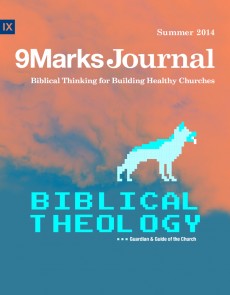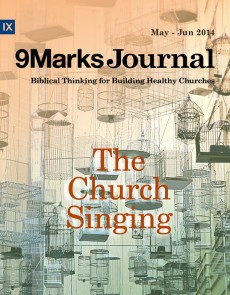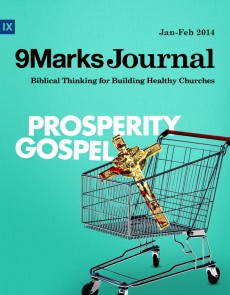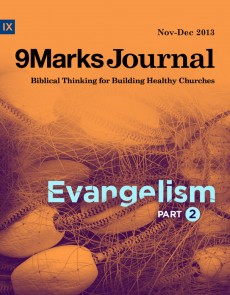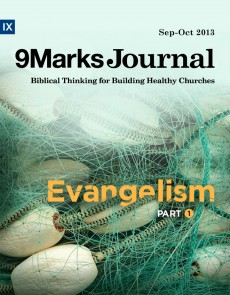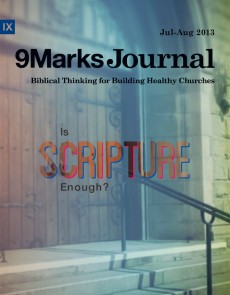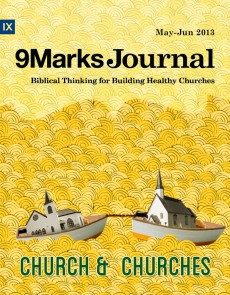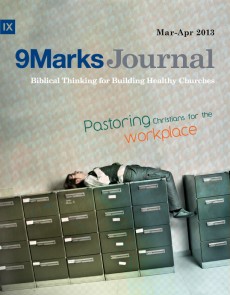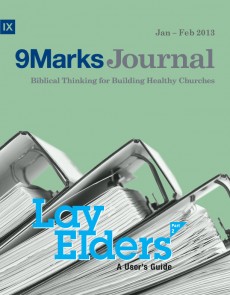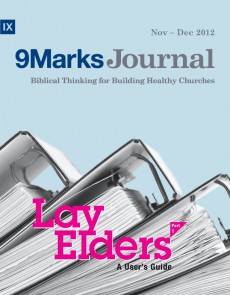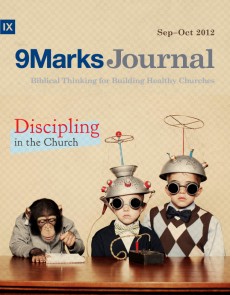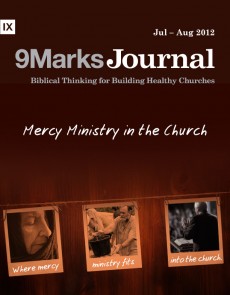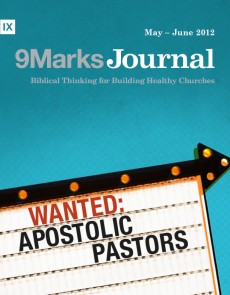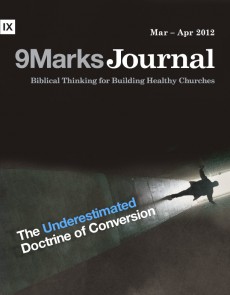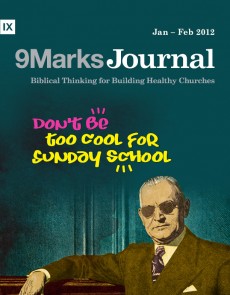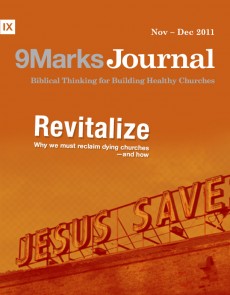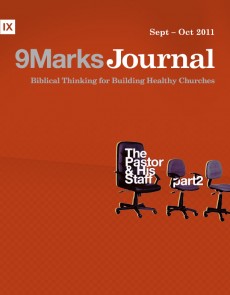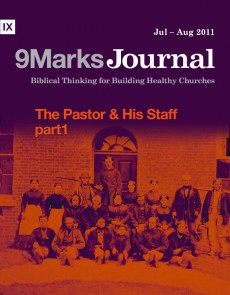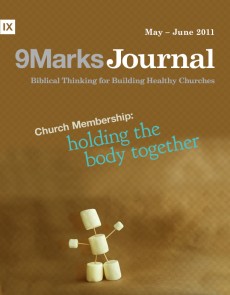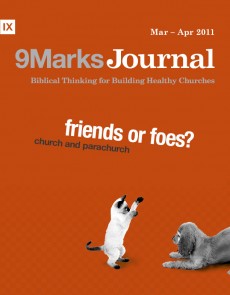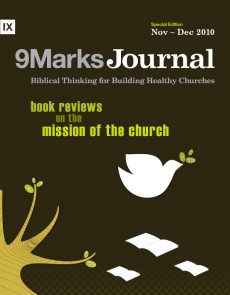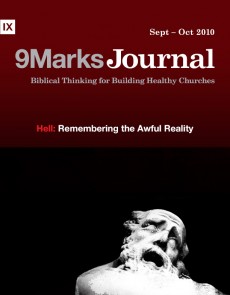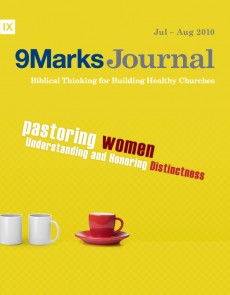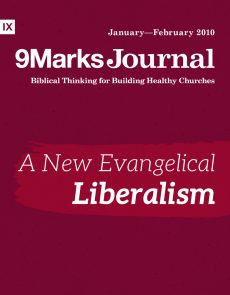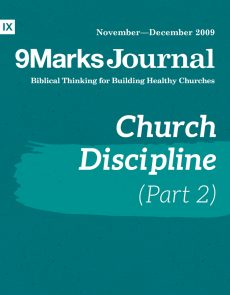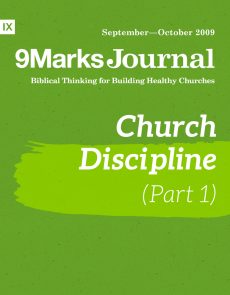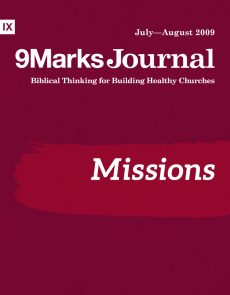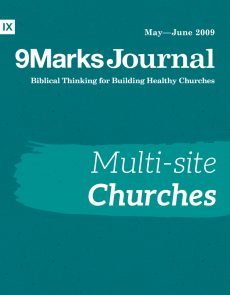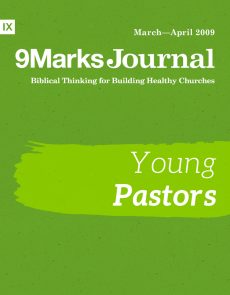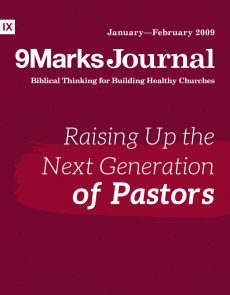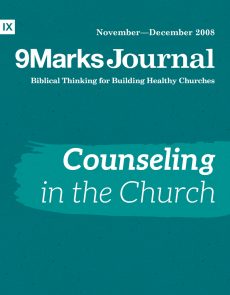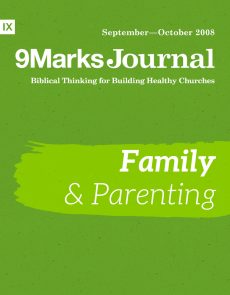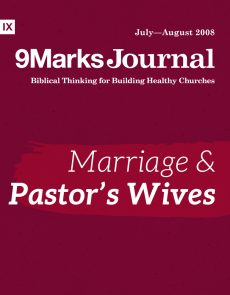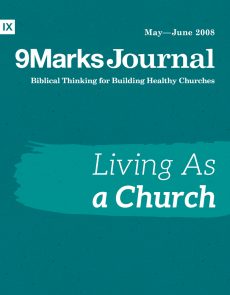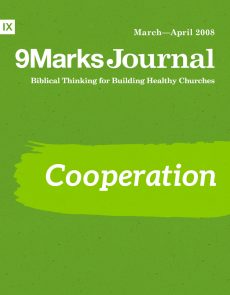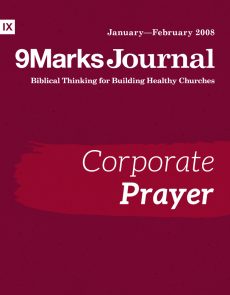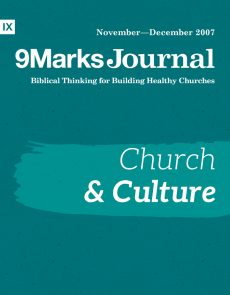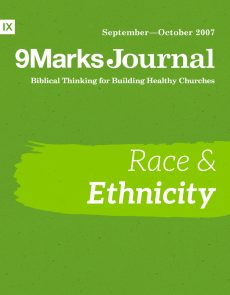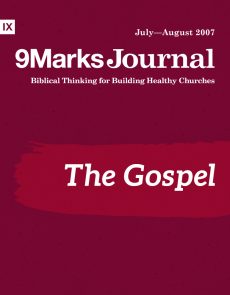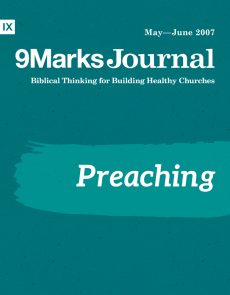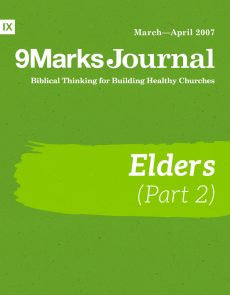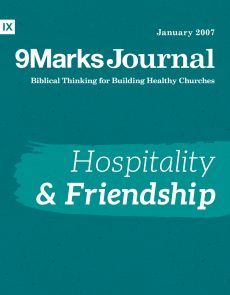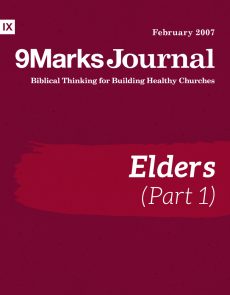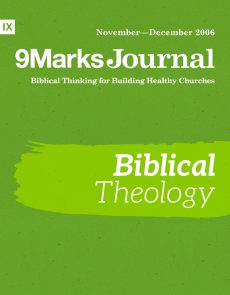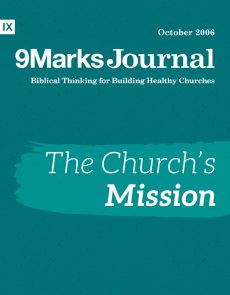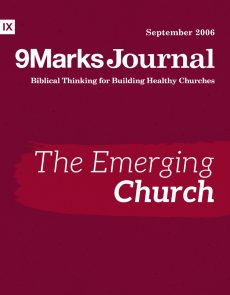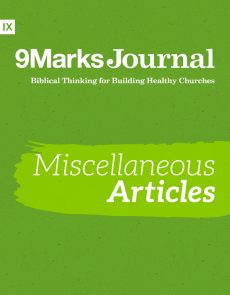WHICH DOCUMENTS & WHY

Which Church Documents? And Why?
By Aaron Menikoff | 9Marks Journal: Confessions, Covenants, and Constitutions: How to Organize Your Church | 03.04.2016As unglamorous as church documents may be, they are a crucial component of a pastor’s toolbox.

Church Planters, Don’t Wait To Put Your Documents in Place!
By Joel Kurz | 9Marks Journal: Confessions, Covenants, and Constitutions: How to Organize Your Church | 03.01.2016Our church waited three years to put our church documents in order, and we suffered for it.

How Our Church Has Found a Marriage Policy to be Useful
By Nick Gatzke | 9Marks Journal: Confessions, Covenants, and Constitutions: How to Organize Your Church | 03.09.2016In the life of a church, we create policies to help guide us to practices that help our people. May our marriage policies do just that.

5 Questions on Church Incorporation
By David Gibbs | 9Marks Journal: Confessions, Covenants, and Constitutions: How to Organize Your Church | 03.29.2016Many pastors are forced to think through this potentially confusing topic. David Gibbs from the Christian Law Association provides some help.
CONFESSIONS & COVENANTS

Confessions: Old or New?
By Bobby Jamieson | 9Marks Journal: Confessions, Covenants, and Constitutions: How to Organize Your Church | 03.17.2016Should you look for a historic confession that your church will align with, or adopt something written recently—or even write your own?

Confessions: Thick or Thin?
By Jonathan Leeman | 9Marks Journal: Confessions, Covenants, and Constitutions: How to Organize Your Church | 03.16.2016A good confession of faith builds a protective doctrinal house around a precious center: the gospel.

27 Ways to Use Your Confession and Covenant
By Garrett Kell | 9Marks Journal: Confessions, Covenants, and Constitutions: How to Organize Your Church | 03.29.2016The ways we can use Statements of Faith and Church Covenants in our churches are many, but what matters most is that if we have them, we use them to help each other follow Jesus.

On the Thorny Matter of Signatures and Assent
By Brad Wheeler | 9Marks Journal: Confessions, Covenants, and Constitutions: How to Organize Your Church | 03.14.2016Should we risk agitating people by asking them to formally sign something? And what if someone wants to join, but is unsure of a doctrinal matter? Is submission enough, or is agreement necessary?
CONSTITUTIONS & BY-LAWS

Why I Love My Book of Church Order
By Guy Prentiss Waters | 9Marks Journal: Confessions, Covenants, and Constitutions: How to Organize Your Church | 03.21.2016Saying that you love a polity manual like the Book of Church Order is like saying you love your slide rule or your calculator. But in this case, it’s true.

Your Constitution Is a Theological Document
By Greg Gilbert | 9Marks Journal: Confessions, Covenants, and Constitutions: How to Organize Your Church | 03.29.2016A constitution is not just a technocratic document demanded by your state’s tax office, nor a necessary evil for avoiding conflict in a church. It’s a deeply theological and even spiritual document.

7 Tips for Writing (Or Revising) Your Church Constitution
By A. Nichols, M. Schmucker | 9Marks Journal: Confessions, Covenants, and Constitutions: How to Organize Your Church | 03.29.2016Writing (or revising) your constitution is not really lawyer’s work, and it need not be drudgery. In fact, it can and should be invigorating.

Two Pastors Who Chose To Renovate not Rewrite Their Constitutions
By C. Hill, M. Vroegop | 9Marks Journal: Confessions, Covenants, and Constitutions: How to Organize Your Church | 03.29.2016Don’t give up on that old constitution just yet. Consider renovating it first.

Not Them! Who You Don’t Want to Revise Your Documents
By Mike McKinley | 9Marks Journal: Confessions, Covenants, and Constitutions: How to Organize Your Church | 03.29.2016Here are the five kinds of people that you might be tempted to put on your document revision committee, but should avoid if at all possible.

Does Anyone Know Robert? Rules of Order in Church Members’ Meetings
By Bob Johnson | 9Marks Journal: Confessions, Covenants, and Constitutions: How to Organize Your Church | 03.29.2016Rules of order help to ensure that members’ meetings flow smoothly. As formal as they might feel, in a church of any size, they help to prevent fights, and facilitate unity.
Dealing with Bad Documents
By Greg Gilbert | 9Marks Journal: Confessions, Covenants, and Constitutions: How to Organize Your Church | 02.26.2010Very often a new pastor will find a statement of faith like our church had—unclear at best and heretical at worst.
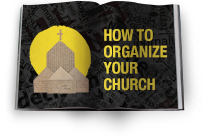
Free Download
PDF, ePub, and Kindle files will be sent to this email address. As part of our community, you will receive content & communication from 9Marks. You may unsubscribe at any time.
Support 9Marks
Our work is possible by the generosity of our readers. Give Today









